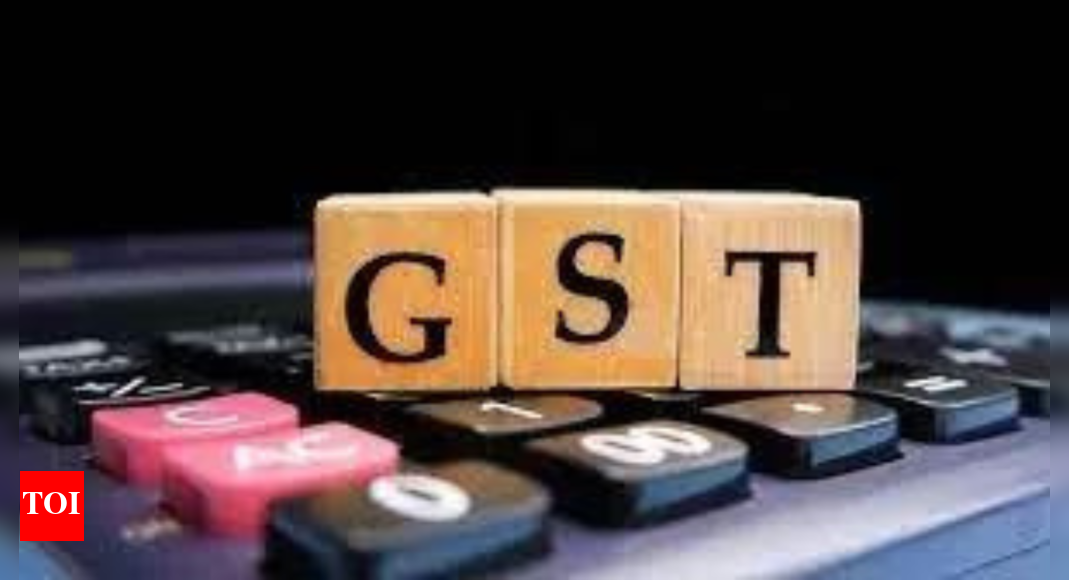India Business News: NEW DELHI: The GST Council, which will meet shortly, is expected to comprehensively review the eight-year-old regime focused on reducing tax on severa.
Why it matters
- The GST Council's review could lead to substantial tax reductions across various sectors.
- A comprehensive overhaul of the existing GST regime may enhance compliance and simplify tax processes for businesses.
- Adjustments in tax rates may stimulate economic growth and consumer spending in the post-pandemic recovery phase.
The Goods and Services Tax (GST) Council is gearing up for an important meeting that aims to evaluate the GST framework, which has been in effect for eight years. This meeting is anticipated to bring about significant reforms in the taxation structure, potentially resulting in lower tax rates across various sectors, which could be a boon for businesses and consumers alike.
Since its implementation in July 2017, the GST system has been a pivotal aspect of India's taxation landscape. Initially designed to streamline the tax process and eliminate the cascading effect of multiple taxes, the GST has faced its share of challenges, including compliance issues and disputes over tax rates among states and the central government. The upcoming meeting of the GST Council serves as an opportunity to address these ongoing concerns and to rethink the effectiveness of the current tax regime.
One of the primary focuses of the upcoming discussions will be on revisiting tax slabs, which could potentially lead to significant rate cuts for numerous goods and services. Over the years, various stakeholders, including industry representatives, have voiced the need for a more rationalized tax structure that is easier to navigate. With the economy still on the road to recovery from the setbacks caused by the COVID-19 pandemic, the timing of this meeting could not be more crucial.
In light of recent economic trends, there is a growing consensus that reducing tax burdens could invigorate consumer spending, a vital component for sustainable growth. The GST Council's deliberations will likely consider feedback from various sectors that have been lobbying for lower rates to enhance competitiveness and boost sales.
Another critical aspect of the council's agenda will be the simplification of the compliance process. Many businesses, especially small and medium enterprises (SMEs), have struggled with the complexities associated with GST filing and adherence to regulations. By streamlining these processes, the council could significantly alleviate the administrative burden on businesses, encouraging better compliance and ultimately increasing revenue for the government.
Moreover, an overhaul of the GST regime might help in addressing the discrepancies and disputes that have arisen between the states and the central government regarding revenue sharing and allocation. A more equitable tax distribution framework could enhance cooperation among different levels of government, fostering a more stable fiscal environment.
In recent months, several states have expressed their concerns regarding the GST compensation mechanism, which was initially designed to guarantee revenue neutrality for states. As the council convenes, addressing these grievances will be key to maintaining trust and cooperation among states, particularly in the context of the impending expiration of the compensation period in June 2022.
The GST Council, chaired by the Union Finance Minister and comprising representatives from all states and union territories, is expected to deliberate on various proposals aimed at reforming the current tax structure. Stakeholders are keenly awaiting the outcomes of the meeting, as adjustments in tax rates could have far-reaching implications for the Indian economy.
As the meeting approaches, industry leaders and economists are hopeful that the GST Council will take bold steps toward making the tax regime more business-friendly. With a focus on enhancing compliance, reducing tax burdens, and ensuring fair distribution of revenues, the council's decisions could pave the way for a more robust economic future.
In summary, the upcoming GST Council meeting will be a critical juncture for India's taxation framework. The discussions are poised to set the tone for the next phase of economic recovery and growth, with the potential for significant reforms that could reshape the business landscape in the country.











